
Self Injury
November 28, 2017 in Educate Yourself
Trigger Warning: Self Harm
This is a personal story of recovery that was shared with a SOVA team member.
Have you ever seen a classmate or friend walking around wearing a long-sleeve shirt even on a hot summer day? Have you seen a student at your school who always seems hesitant to join swimming or gym class? Well, I have. One of my friends in middle school frequently displayed these behaviors at school, and she did not tell me the reason until years later.
When we met each other again last year, she confided in me on what was going on with her during those adolescent years. She was self-harming, and the marks on her arms made her feel ashamed. She was scared to tell anyone what was happening because she was too worried and afraid that people might not understand.
Fortunately, this story has a happy ending. One day, she suddenly realized she could use other healthier and effective coping mechanisms to soothe her when she was feeling overwhelmed, anxious and stressed. She confided in me that she only made it because of the genuine support and care she felt from the trusting adults in her life, as well as her love for rock-n-roll music.
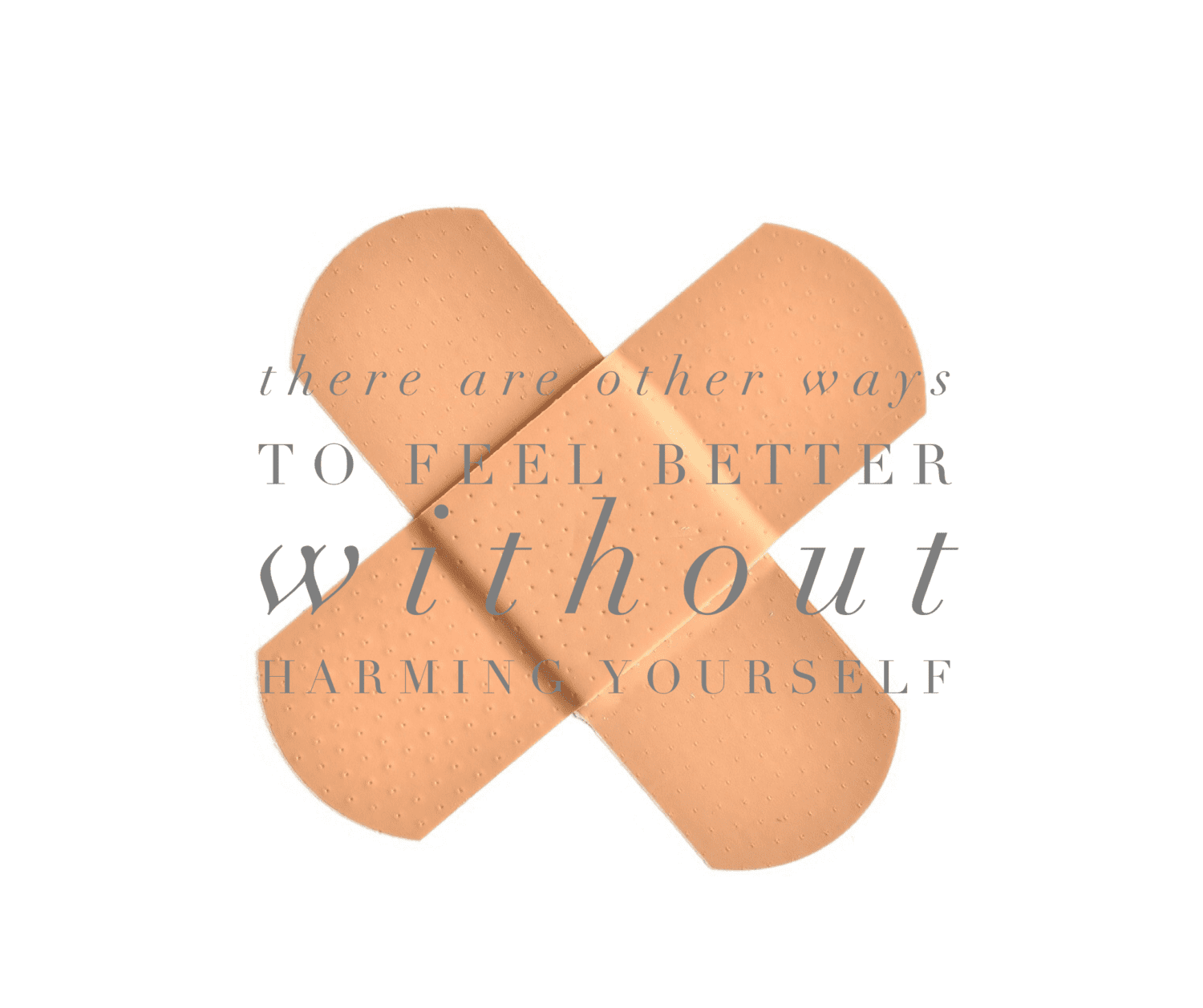
She found relief in music. By listening to all the inspirational verses being sung by those artists, she realized she was not alone. She felt she could connect to these artists and their music, and somehow they understood what she was experiencing. When she became upset about something, she sang the verses herself. Afterwards, she felt uplifted and empowered again to embrace tomorrow. Eventually, feeling encouraged from her favorite band’s story, she decided to tell her most trusting teacher about what was going on. Her teacher was always there and supported her throughout her adolescence and up until now. Together they walked in her journey away from participating in self-harming behaviors.
Her later discovery points to an important issue in self-harm. Self- harm is not a mental illness, but rather a sign. But what are the causes behind it? Is self-harm a way to feel more control, to manage anger and stress, to feel alive or is it something else altogether? It is important to understand why someone is self-harming because different treatments are recommended depending on this information. Effective treatment can help reduce and substitute self-harming behaviors with healthier coping mechanisms.
My friend is doing well now. She received a bachelor degree in Business Administration and is starting her own company. She stopped self-harming years ago, and now when she is stressed, angry or sad, she listens to music or finds a local concert to attend. She has found her own self-soothing harbor and music is her magic healing. She also told me that reaching out for help from her teacher was a big step for her. She felt so much better knowing she wasn’t alone and that at least one person was there for her who knew what was going on.
That’s why it is important to remember that if you are experiencing something similar to what my friend once did, you are never alone. Reach out to an adult who you trust (e.g., a parent, school counselor, teacher, or health professional). Hopefully this person can help you directly or can get you the help you need to understand your self-harming behavior and learn new coping skills. If you know someone who self-harms continue to support them (peer support matters!), and encourage them to seek professional help when they are ready.
Here are some alternative activities for when you feel like self-harming:
- If self-harm is a way to deal with anger, try running, dancing fast, singing, punching a pillow, cutting papers…
- If self-harm is a way to feel something, try holding onto ice, eating something spicy or sour, or snapping a rubber band on your wrist…
- If self-harm is a way to calm yourself, try taking a bubble bath, coloring, journaling, smelling perfume or flowers…
These activities were kindly shared by Sr. Madeleine Rybicki and have been adapted. For more self-harming resources, visit:
- Coping with self-injury
- Resources to help you better understand self-injury
- SAFE Alternatives
- Self-Injury Foundation
My friend found her own creative self-soothing techniques, which includes singing out loud (sometime even screaming) along with her favorite musicians. Have you found the “magic” that makes you feel better when you’re feeling a lot emotionally? If you feel comfortable, please share in the comment section below. Also, click here to read an article we previously published about self-harm.








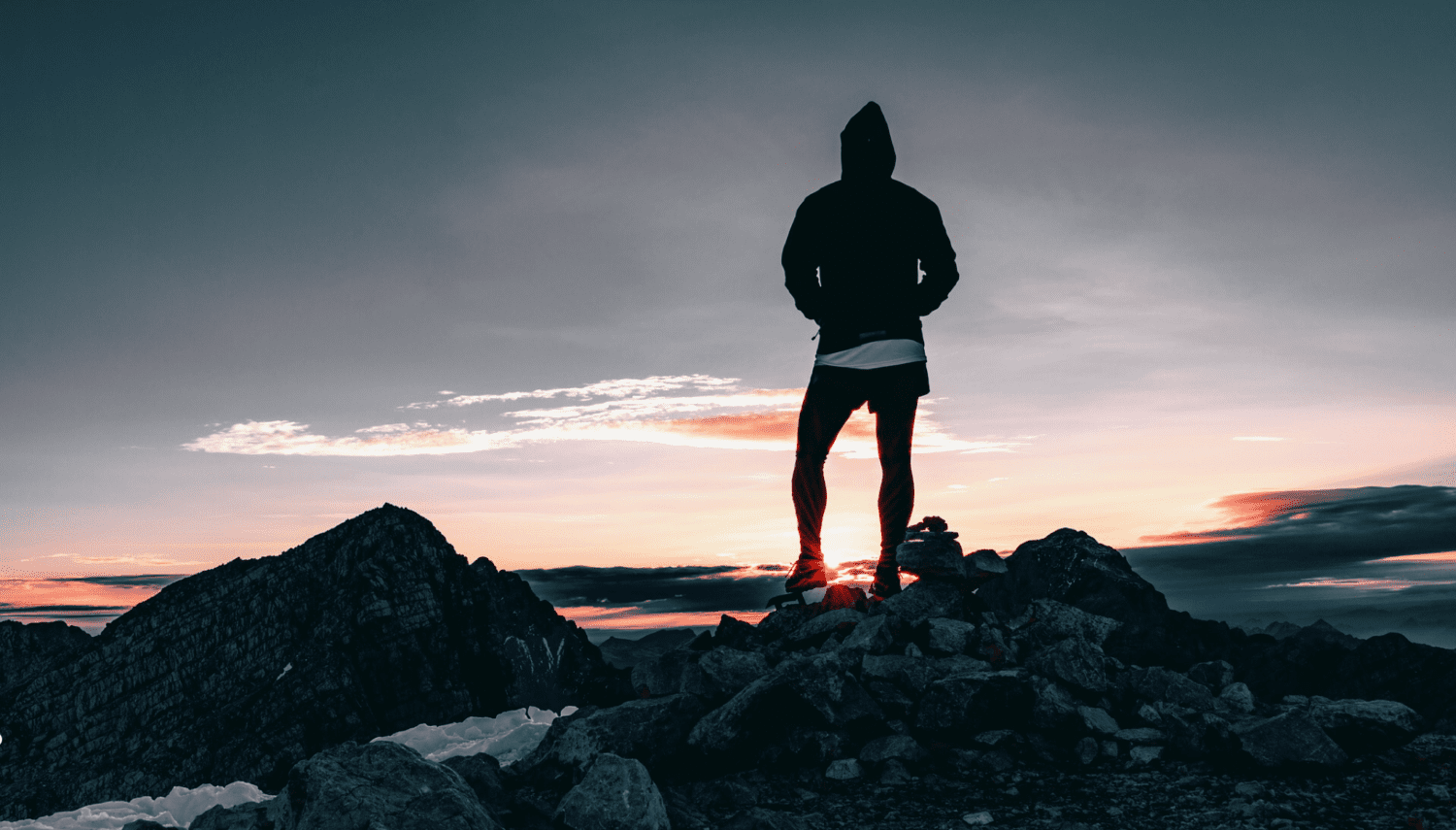
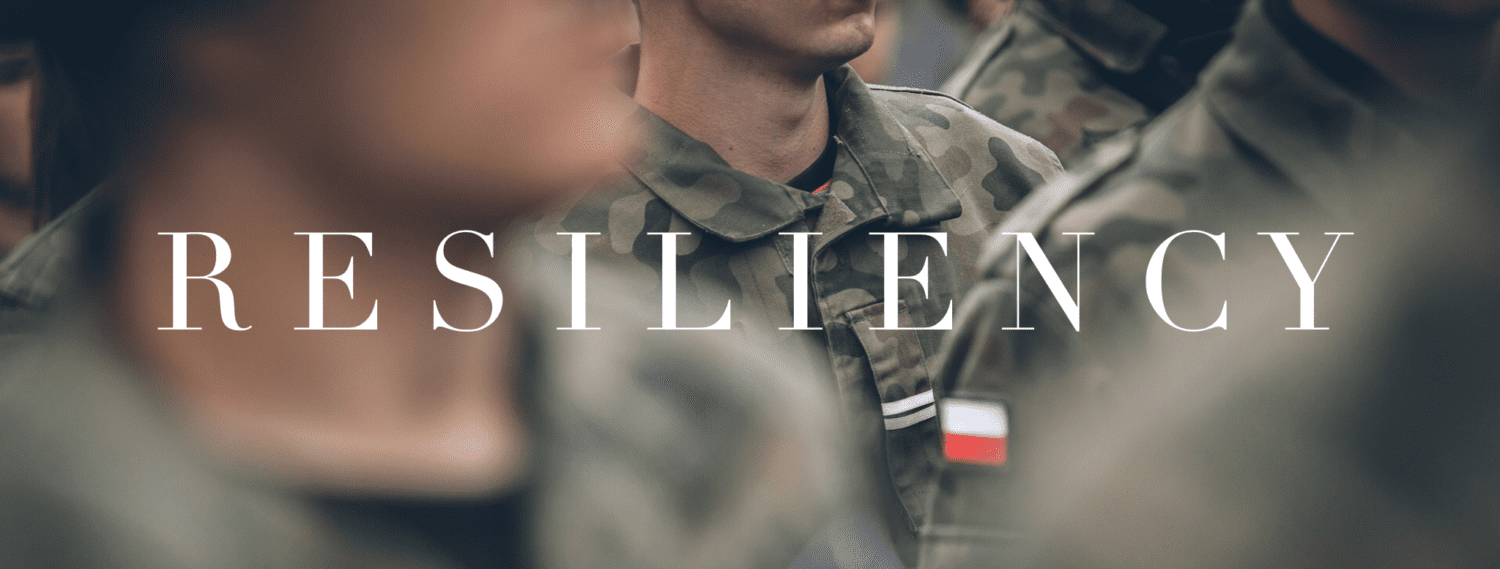
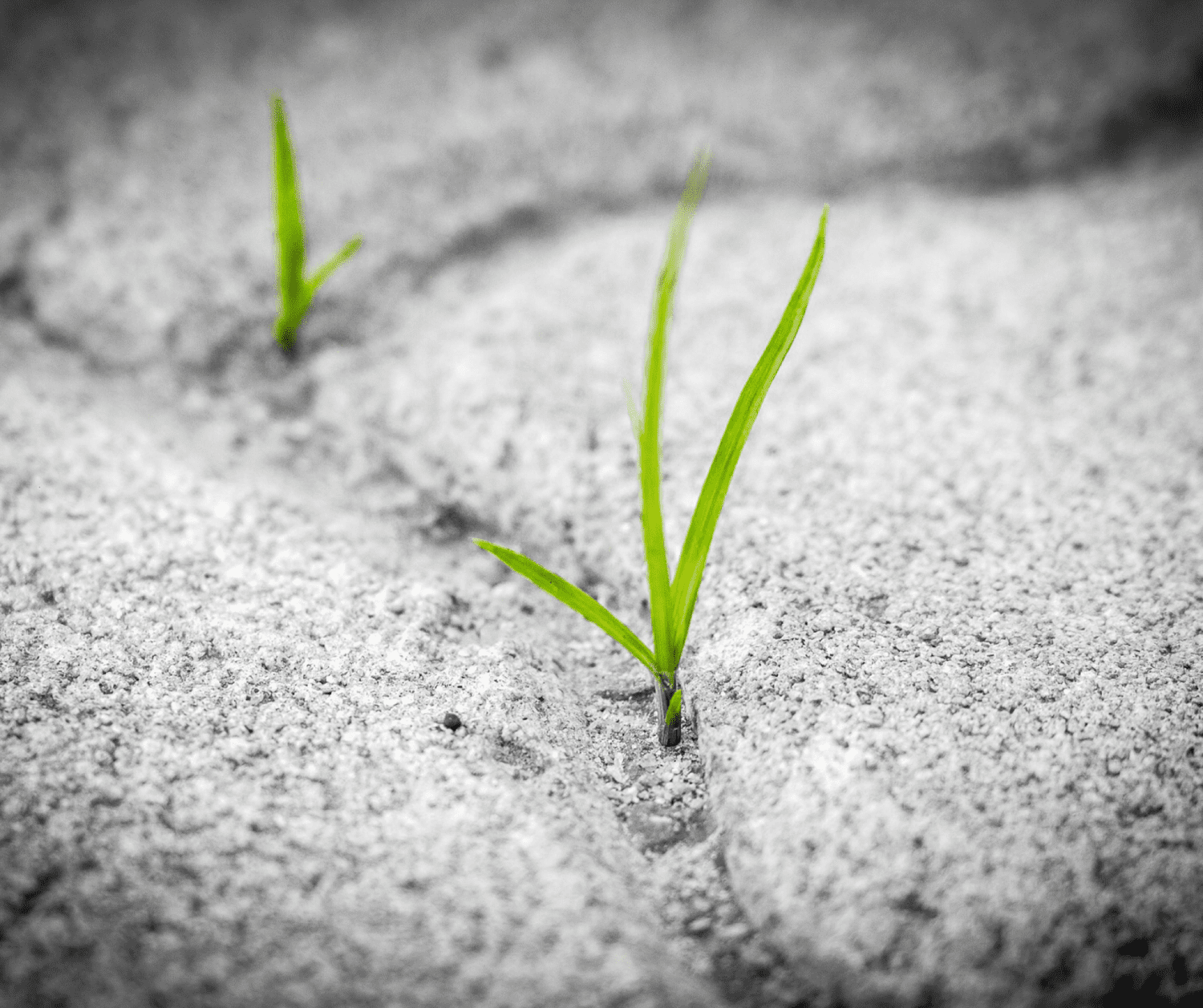 Check out this
Check out this 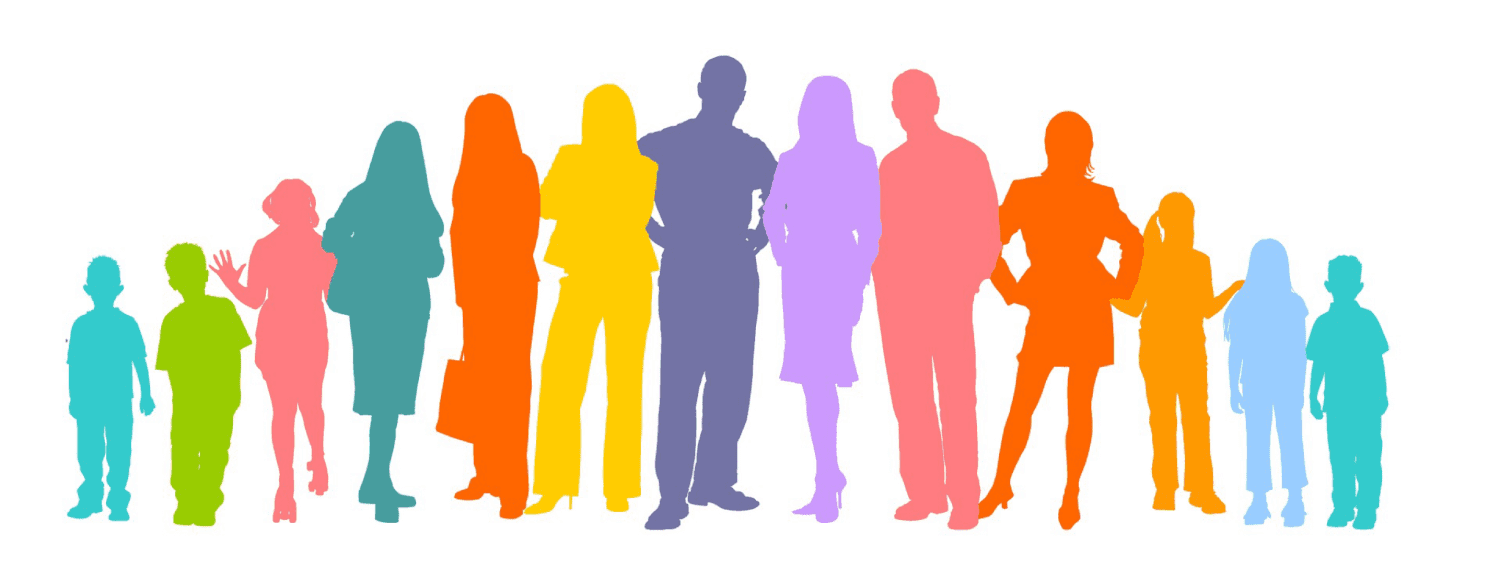
![IMG_6937[1]](https://sova.pitt.edu/wp-content/uploads/2017/11/IMG_69371.png)
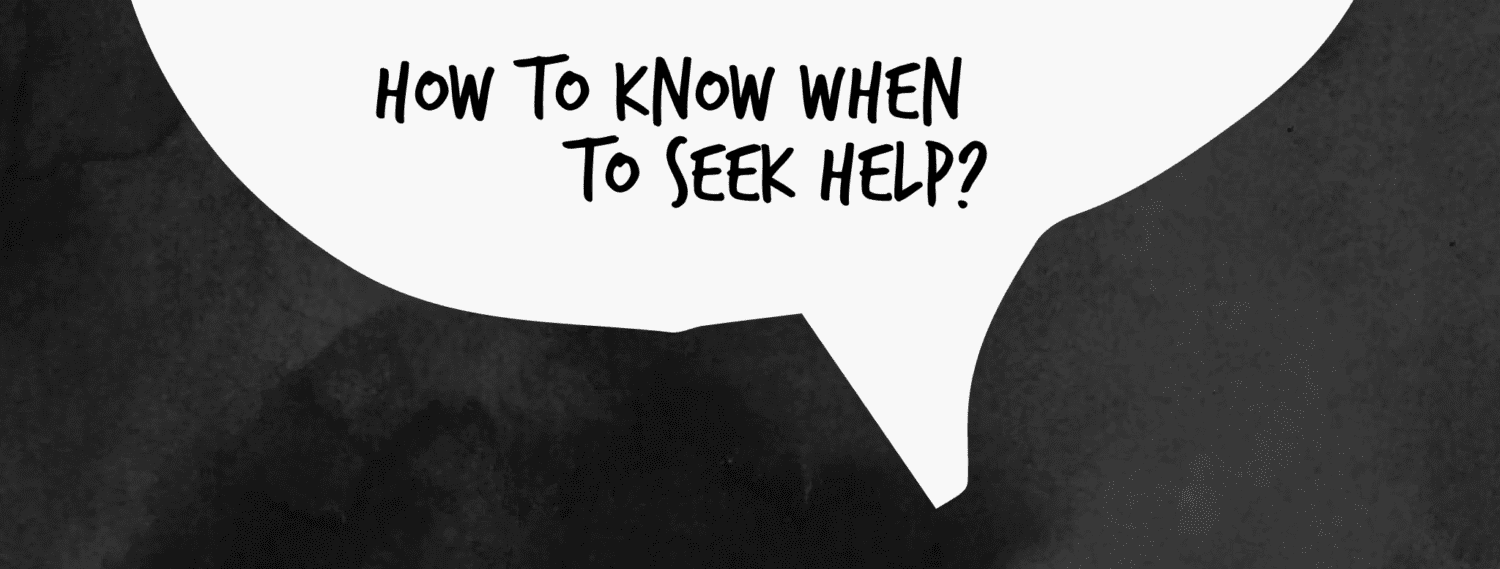


![IMG_6922[1]](https://sova.pitt.edu/wp-content/uploads/2017/11/IMG_69221.png)

![IMG_6906[1]](https://sova.pitt.edu/wp-content/uploads/2017/11/IMG_69061.png)

![IMG_6907[1]](https://sova.pitt.edu/wp-content/uploads/2017/11/IMG_69071.png) Yesterday, on the blog, we featured the
Yesterday, on the blog, we featured the
Recent Comments